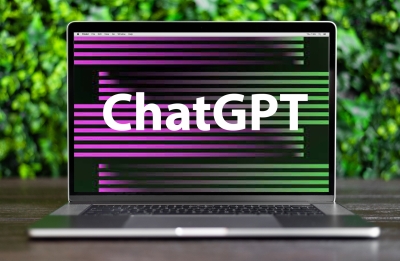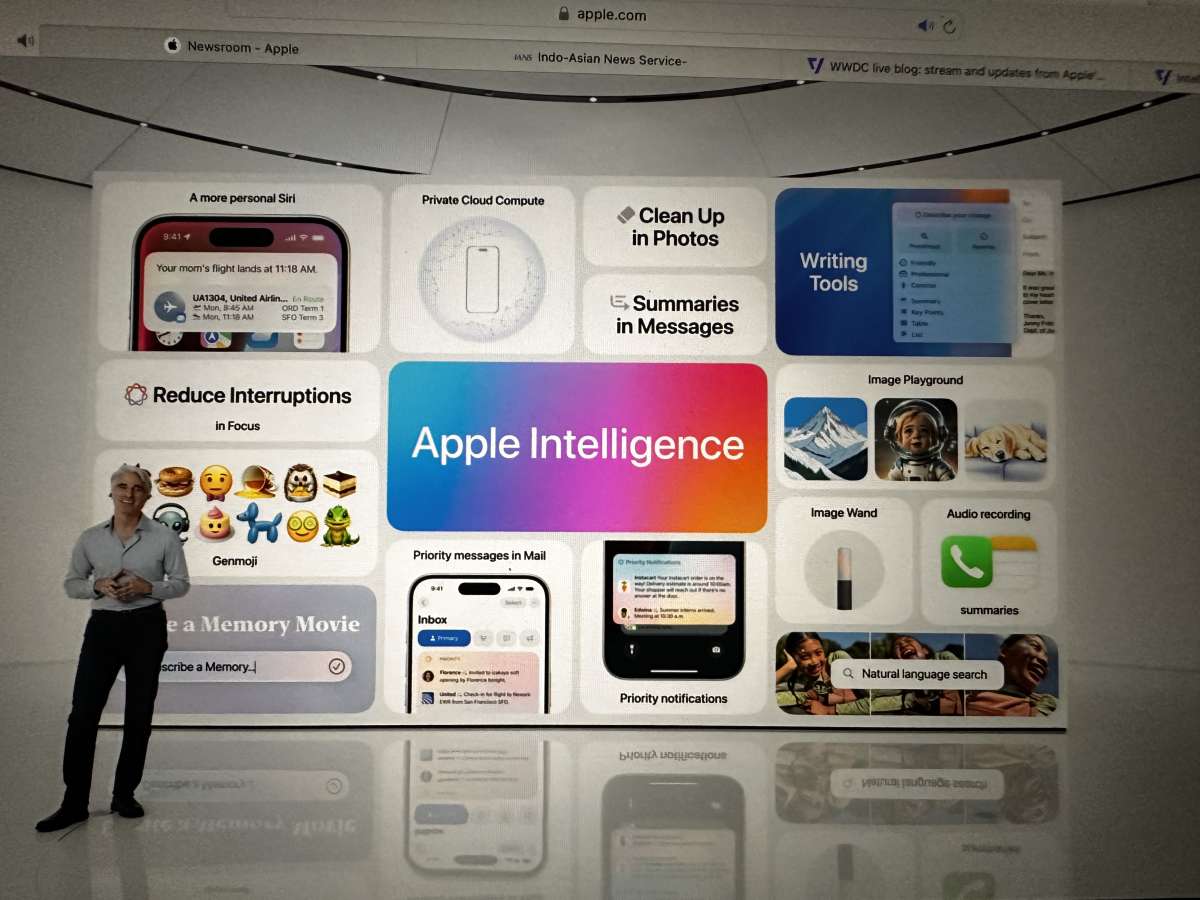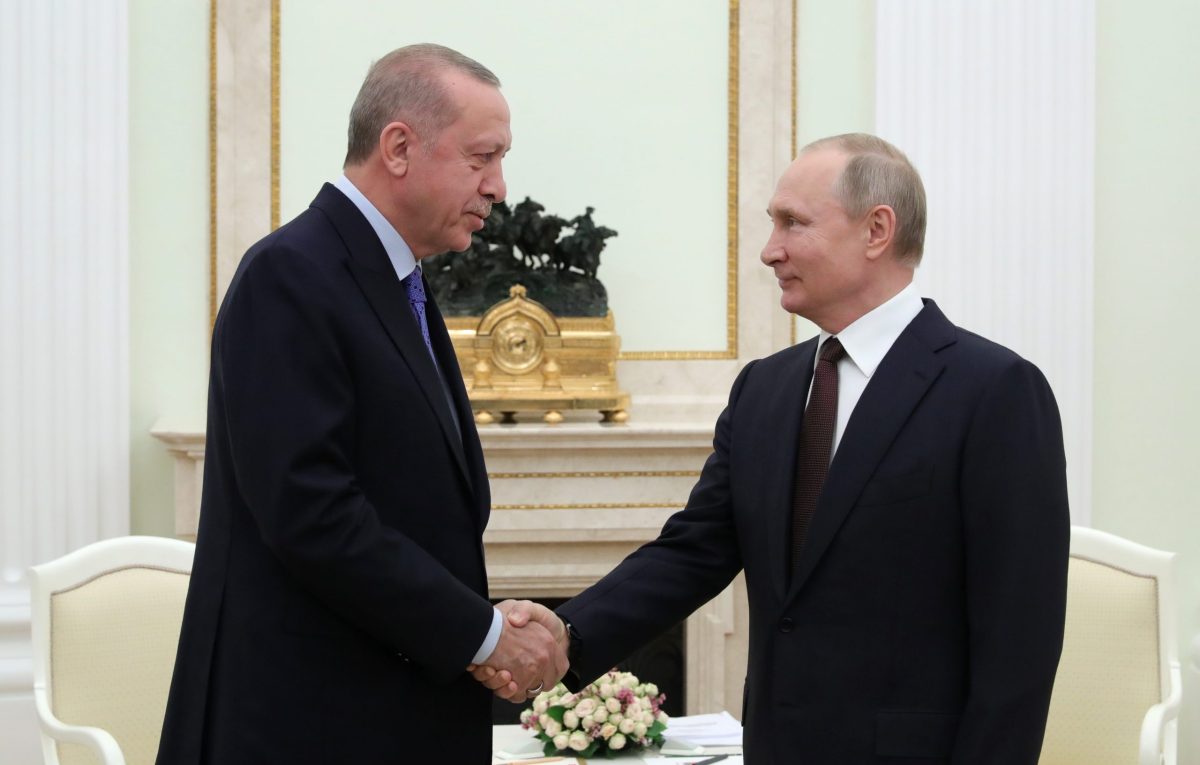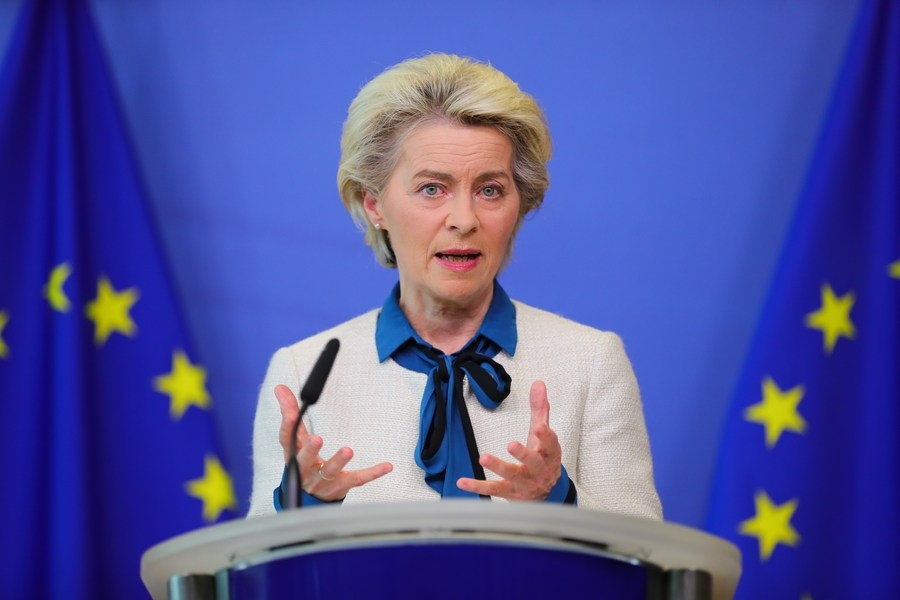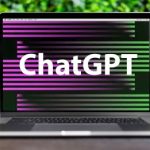The explanations provided by ChatGPT were longer than those provided by SASP, but “frequently redundant and cyclical in nature”, according to the authors…reports Asian Lite News
The much-acclaimed OpenAI’s ChatGPT chatbot has failed a urologist exam in the US, according to a study.
This comes at a time of growing interest in the potential role of artificial intelligence (AI) technology in medicine and healthcare.
The study, reported in the journal Urology Practice, showed that ChatGPT achieved less than a 30 per cent rate of correct answers on the American Urologist Association’s widely used Self-Assessment Study Program for Urology (SASP).
“ChatGPT not only has a low rate of correct answers regarding clinical questions in urologic practice, but also makes certain types of errors that pose a risk of spreading medical misinformation,” said Christopher M. Deibert, from University of Nebraska Medical Center.
The AUA’s Self-Assessment Study Program (SASP) is a 150-question practice examination addressing the core curriculum of medical knowledge in urology.
The study excluded 15 questions containing visual information such as pictures or graphs.
Overall, ChatGPT gave correct answers to less than 30 per cent of SASP questions, 28.2 per cent of multiple-choice questions and 26.7 per cent of open-ended questions.
The chatbot provided “indeterminate” responses to several questions. On these questions, accuracy was decreased when the LLM model was asked to regenerate its answers.
For most open-ended questions, ChatGPT provided an explanation for the selected answer.
The explanations provided by ChatGPT were longer than those provided by SASP, but “frequently redundant and cyclical in nature”, according to the authors.
“Overall, ChatGPT often gave vague justifications with broad statements and rarely commented on specifics,” Dr. Deibert said.
Even when given feedback, “ChatGPT continuously reiterated the original explanation despite it being inaccurate”.
The researchers suggest that while ChatGPT may do well on tests requiring recall of facts, it seems to fall short on questions pertaining to clinical medicine, which require “simultaneous weighing of multiple overlapping facts, situations and outcomes”.
“Given that LLMs are limited by their human training, further research is needed to understand their limitations and capabilities across multiple disciplines before it is made available for general use,” Dr. Deibert said.
“As is, utilisation of ChatGPT in urology has a high likelihood of facilitating medical misinformation for the untrained user.”
ALSO READ-US judge orders lawyers not to use ChatGPT-drafted content


